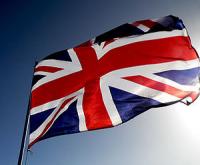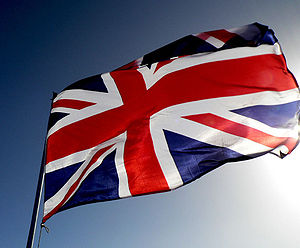 Gambling laws in the United Kingdom have been dubbed “outdated” and “ill-equipped” to deal with change and it recommends that the new tax on remote gambling be discussed with the industry. Those were among the findings of a Commons Committee set up to look at the Gambling Act 2005 that some in government felt was outdated in the way that it deals with all sectors of the gambling industry.
Gambling laws in the United Kingdom have been dubbed “outdated” and “ill-equipped” to deal with change and it recommends that the new tax on remote gambling be discussed with the industry. Those were among the findings of a Commons Committee set up to look at the Gambling Act 2005 that some in government felt was outdated in the way that it deals with all sectors of the gambling industry.
Online gambling was one of the main subjects of the consultation and it was agreed that the Department for Culture, Media and Sport, together with the Treasury, failed to set tax at a level attractive enough to keep operators on UK shores. It agrees that a point of consumption tax is the best way to combat this but recommends the Treasury work with the industry to set the tax at the right level. This will discourage a “grey market” to spring up.
The other main points to come out of the consultation were that gambling regulation should be handed over to local councils so they can use “local knowledge” to assess the impact the industry has in each individual area. A lot of this will have stemmed from the likes of Mary Portas and others complaining about the proliferation of betting shops on the high street. The Commission’s findings state that the restrictions on the amount of machines you can have per shop have meant more shops being built to satisfy the demand for machines amongst punters
The Committee stated that both betting shops and casinos, who until now have only been allowed four B2 (FOBT) gaming machines, should be allowed 20 per premises and this will be controlled by “local authorities”. That same group will also be allowed to decide whether a casino business will be of benefit to the local area in which in will be placed. In order to help iron out the creases for this change to take place the 1968 Act, which licences casinos, should be changed to make them portable. In other words, casinos will be allowed to relocate without the long-winded process that currently exists.
Chair of the Committee, John Whittingdale, added: “The ‘reluctantly permissive’ tone of gambling legislation over the last 50 years now looks outdated. It is also inadequate to cope with the realities of the global market in online gambling, and even seems ill-equipped to cope with the realities on our high streets. Our general approach in this report has therefore been to support liberalisation of rules and delegation of decisions to those closest to the communities that will be affected.”
Problem gambling was another area the Committee looked at with recommendations put forward that problem gambling amongst children be researched fully. It states they must discover the most effective ways of educating people and a good way to start would be the consult the independent problem gambling charity GamCare. Late last year they submitted a plan to the Department of Education that would educate children on the positive and negative aspects of gambling rather than the widely-favored “abstinence only” education.
Obviously the biggest change here for online gambling firms will be the point of consumption tax and it being discussed by the government, with industry, could be a blessing in disguise.
